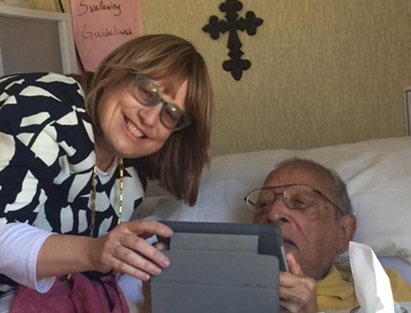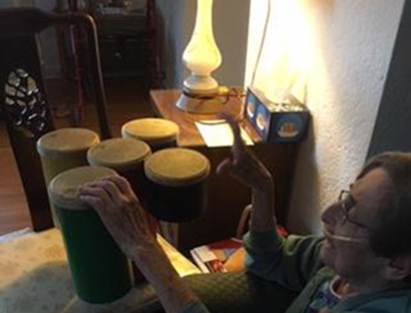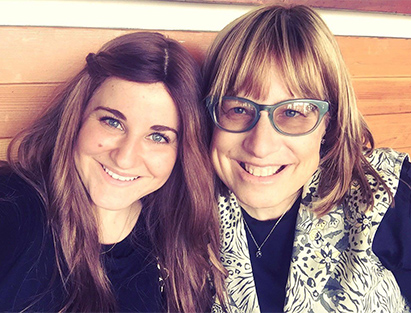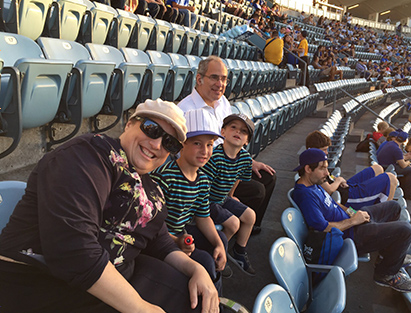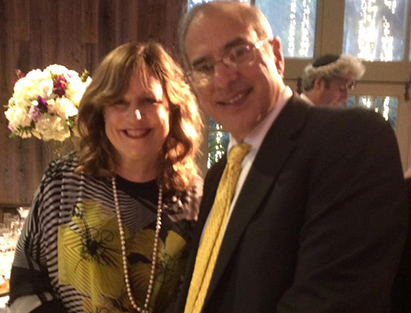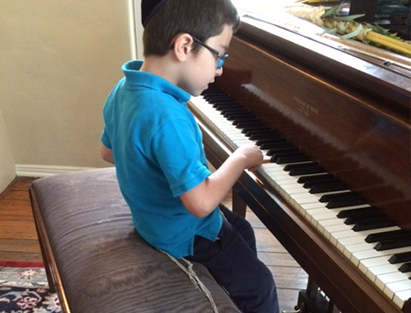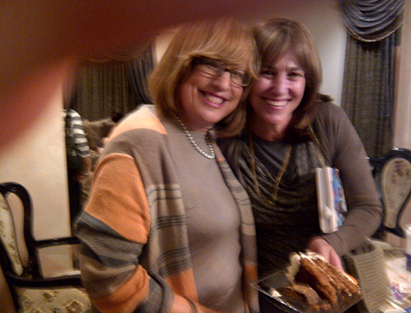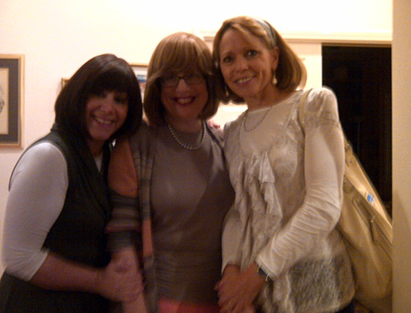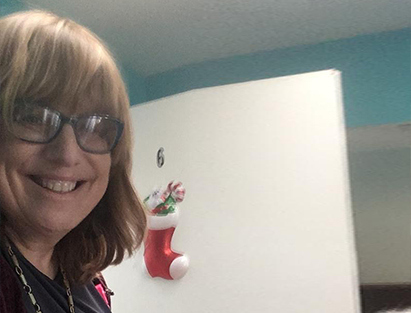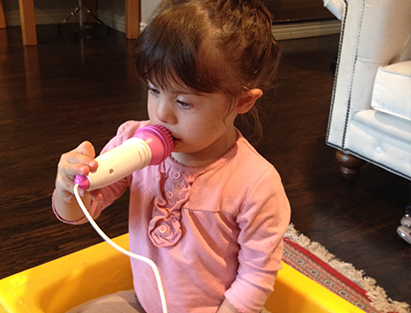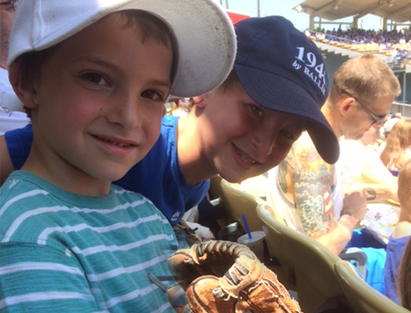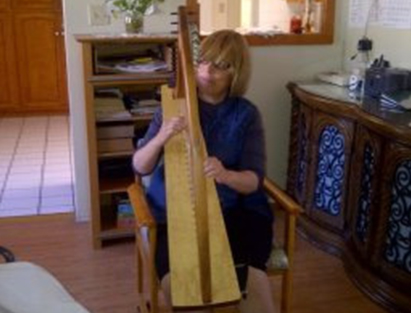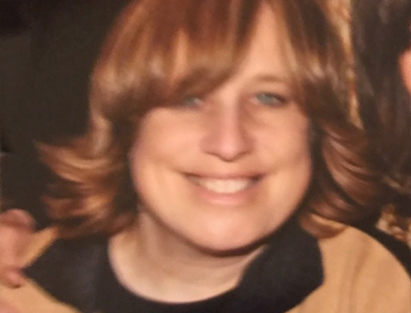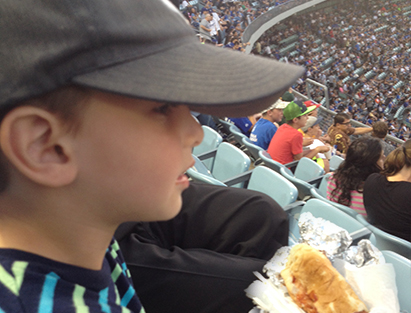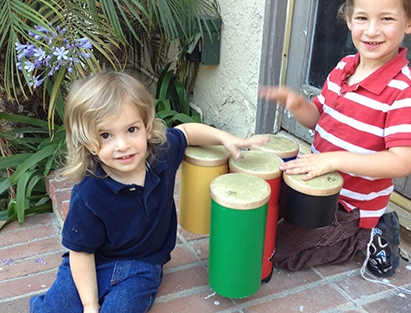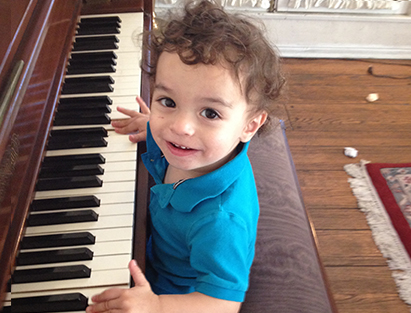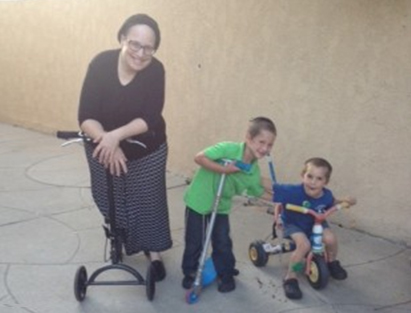When “The Answer Is” that We Don’t Know
Validation of feelings is a human need. But the need to be right all the time can become somewhat addictive or even pathological. You’d think that people these days would be winning large amounts of money to hear the words “that is correct,” from their fellow posters social media. Why else would posters be rambling off righteous responses to every issue in the news? Why else would these people bristle at someone countering their thoughts of what they consider to be right and moral way of doing things? Actually, admitting that we don’t know something is an art. And one that’s worth learning.
Today, Alex Trebec, the host of Jeopardy Game Show, died after having pancreatic cancer. This was a show which tested the ability to get the right response to a difficult piece of information. I grew up watching the game show even pre-Trebec days. The show, which had three competing contestants, each more brilliant than the next (did they get the questions in advance? I always wondered…) was a favorite in my home growing up. More recently, I became interested in the show, because my elderly mom watches it nightly. and when I call at 7 pm, I’m told, “Sorry, I’m watching Jeopardy.” Understood, Ma. Jeopardy rocks.
The host reads aloud the answer and contestants (and audiences watching muttering under their breath!) have to come up with the question, using “who,” “what” or “where.” I remember the voice of Trebec saying “The answer is….” and then rattling off a long piece of information, to which the contestants have to quickly come up with the question. The first one to buzz gets the chance to state the correct response.
Not easy. Coming up with answers to questions is hard, as is finding questions to answers. And the reward on these game shows is quite high – lots of money. And the answer has to come fast, before others. And when Alex Trebec pronounced the words, “That is correct,” it sounded as sweet as the pastries we snacked on while watching. He was the authority. Giving the right answer meant you were smart, educated, and passed levels of entry requirements to even get on the show. This was huge.
I sometimes wonder if life has become some kind of game show where we think we have to be the first one to post the right answer. And that answer has to remain the right answer. Heaven forbid, we retract our opinion and say, “I was wrong,” or “you are right.”
Oh no, no, no. People stand firm on their ground, spouting continuous arguments to advance their point.
Social media has various types of posters. The arguers, the accusers, the name callers, the preachers, the holier-than-thou-ers, the shouters (in caps), the sighers. Then there are the “agree-to-disagreers,” the listeners, the sighers, the doomsayers. And finally there are the blockers, and the posters-of-links-to-prove-their-point.
But I have yet to find the following type of poster: The one who says, “you know, I may not agree with you about x,y,z, but I do see your point on a. Or b. Or C.” Meaning, this person would say to the other person, “you know, you’re right about such and such.”
The truth is that a bit of humility is in order here; none of us really knows the right answer to the question. Or the right question to the answer. Even in Jeopardy, the right answer on occasion gets retracted after the commercial, and Mr. Trebec explains the switch to the contestants and the audience. Nothing is carved in stone in life.
Do we really really know for sure what the asnwer is? Can we sometimes wait and let things play out and see what is true and correct and what is not? Can that attitude help us in our relationships? Can we sometimes reflect on our own behavior when someone else is upset and perhaps validate the other person’s feelings?
The older I get the more I love the feeling of not knowing. The idea of letting go and not having to be right all the time is freeing to me. It takes too much energy to always strive to be right and less energy to just enjoy the present moment of seeing things from both sides. And then wondering which side will prevail.
Here’s what we do know (if we’re really being honest): That we don’t know everything for sure.
Or in Jeopardy parlance. The answer is: That perfectly satisfying but sometimes elusive response when all efforts lead to trouble and arguments and disagreements.
What is”I don’t know.”
Ding ding ding!
Saying those words can be powerful. It may not get you that gorgeous car on a game show or millions of dollars on Jeopardy. But saying those words will enhance your relationships and improve your humility skills.

